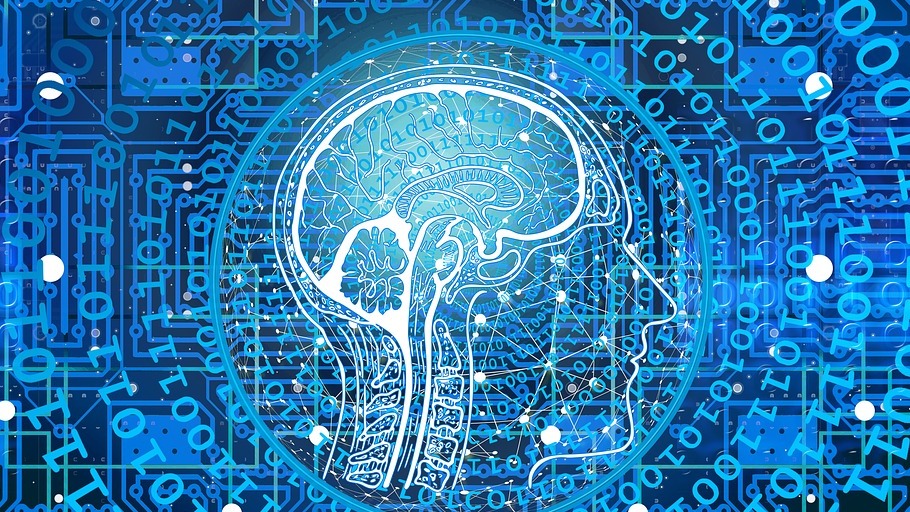Apple has revealed the look of its first retail store in India, with the company looking to expand in a country where it has typically struggled for growth.
The store is based in Mumbai’s prestigious Reliance Jio World Drive shopping mall, and is scheduled to open later this month according to Reuters. In a statement, Apple said that the store’s design is "inspired by the iconic Kaali Peeli taxi art unique to Mumbai."
Apple’s previous attempt to open physical stores in India were foiled in 2021 as a result of delays caused by the Covid-19 pandemic.
Without its own retail locations, Apple has relied on third-party e-commerce platforms such as Amazon and Walmart-owned Flipkart and its own site which only launched in 2020.
A combination of lack of presence in India and high device prices has meant that the company only has a 3 per cent share of the Indian smartphone market.
While trying to expand its install base in India, Apple is also increasingly manufacturing its products in the country. It currently contracts Wistron Corp and Foxconn to assemble iPhones in India, and has plans to add iPads and AirPods.
More broadly, Apple on Wednesday also said that more of its supply chain is committing to the use of renewable energy in the manufacture of its products. The company said that its suppliers are supporting 13 gigawatts of active renewable energy projects, up from 10 gigawatts in 2022. The suppliers have made commitments to support an eventual total of 20 gigawatts of projects.
The company added that its own operations have been carbon-neutral since 2020, with plans to extend that promise to its global supply chain by 2030.
In less positive news for the iPhone maker, Apple this week lost a bid to register part of a federal trademark for the term 'Apple Music'. A US appeals court rejected Apple's argument that it had priorities over the "Apple Jazz" trademark rights owned by trumpeter Charlie Bertini.
Latest News
-
BAE Systems launches UK tech incubator scheme
-
Morrisons to launch real-time engagement tech across stores
-
Crypto exchange Gemini to cut workers, exit UK, EU and Australia amid market slump
-
Anthropic unveils Claude Opus 4.6 as enterprise AI race intensifies
-
Government to collaborate with Microsoft on deepfake detection framework
-
50% of firms will rehire staff laid off due to AI by 2027, predicts Gartner
The future-ready CFO: Driving strategic growth and innovation
This National Technology News webinar sponsored by Sage will explore how CFOs can leverage their unique blend of financial acumen, technological savvy, and strategic mindset to foster cross-functional collaboration and shape overall company direction. Attendees will gain insights into breaking down operational silos, aligning goals across departments like IT, operations, HR, and marketing, and utilising technology to enable real-time data sharing and visibility.
The corporate roadmap to payment excellence: Keeping pace with emerging trends to maximise growth opportunities
In today's rapidly evolving finance and accounting landscape, one of the biggest challenges organisations face is attracting and retaining top talent. As automation and AI revolutionise the profession, finance teams require new skillsets centred on analysis, collaboration, and strategic thinking to drive sustainable competitive advantage.
© 2019 Perspective Publishing Privacy & Cookies









Recent Stories